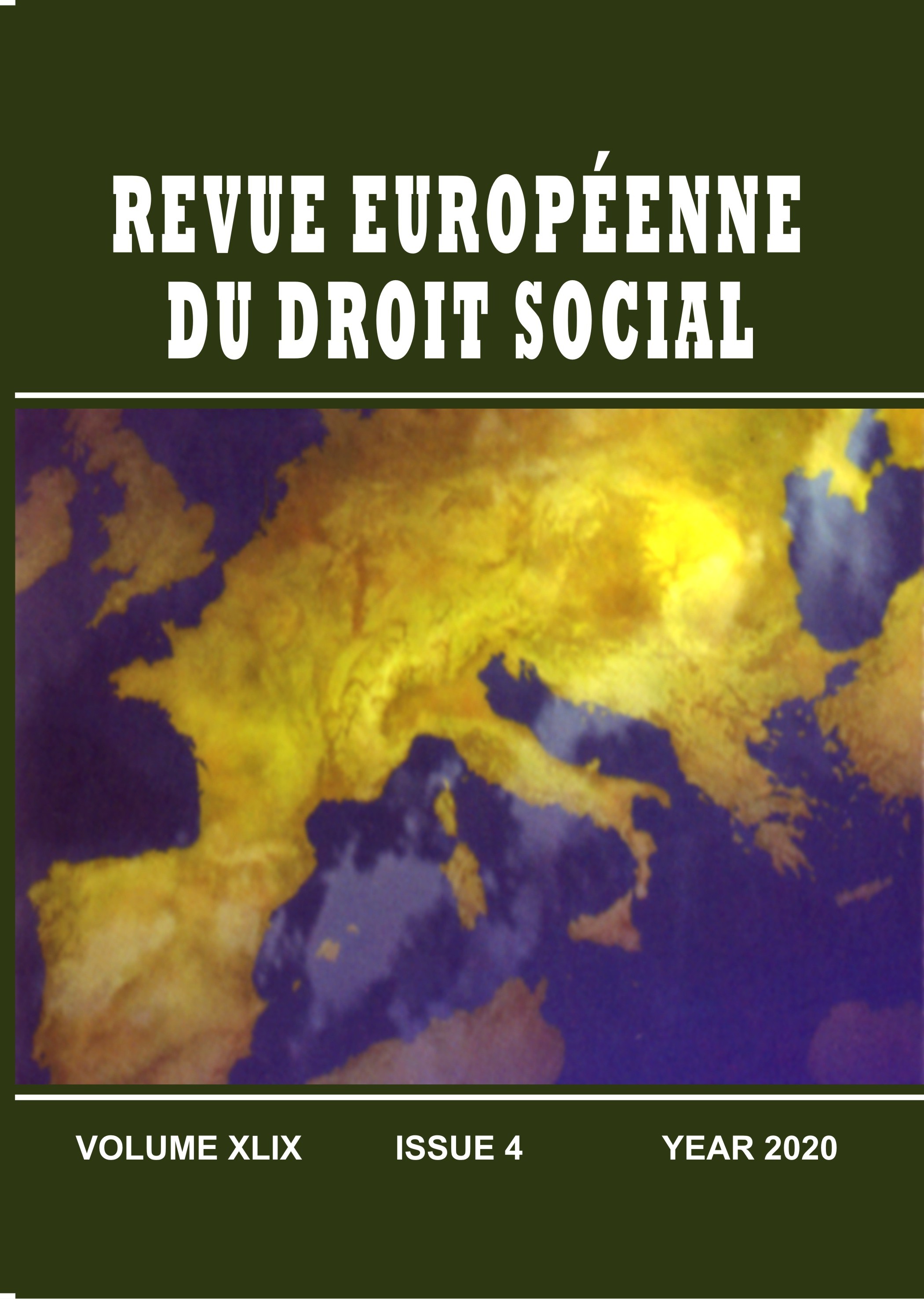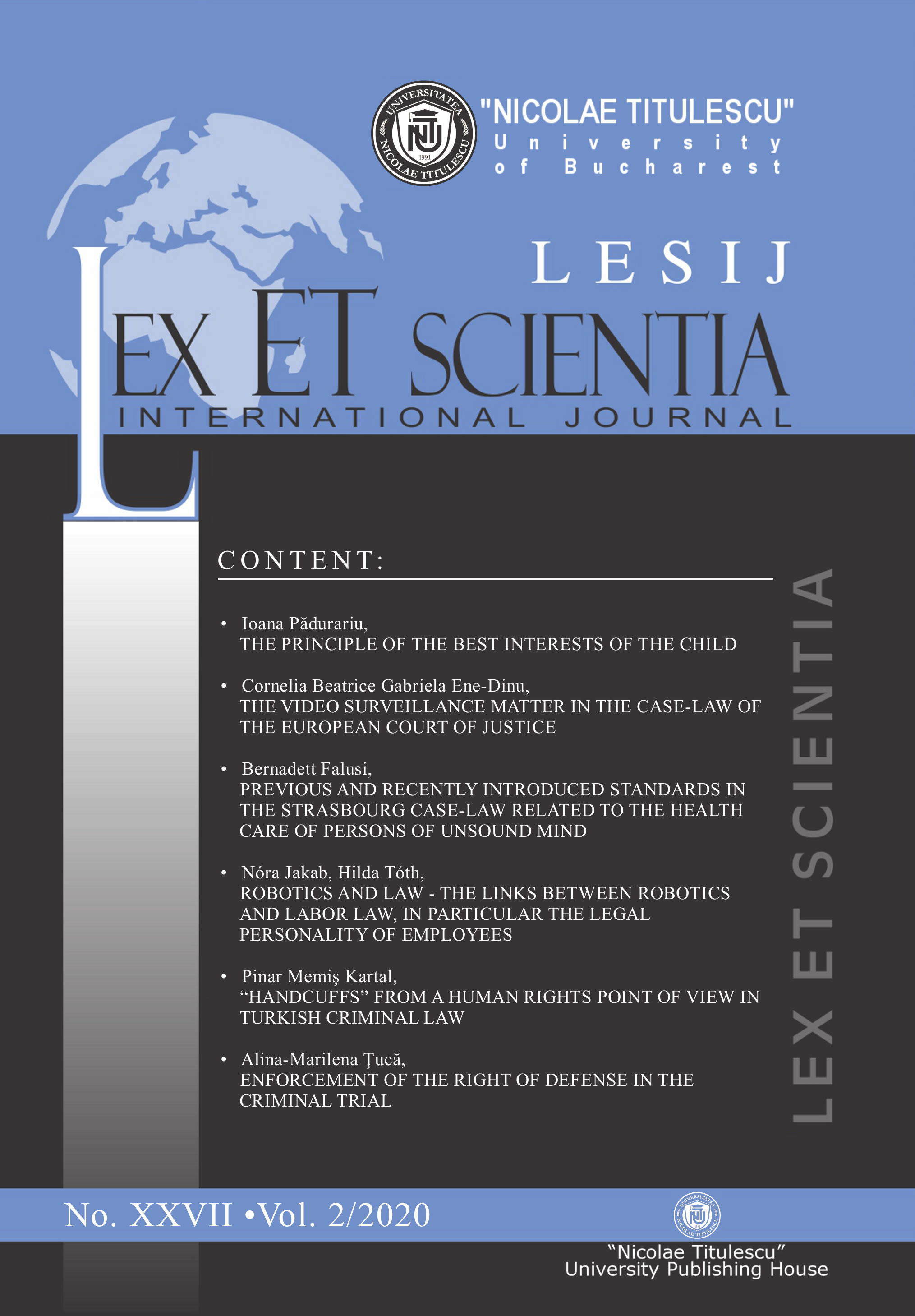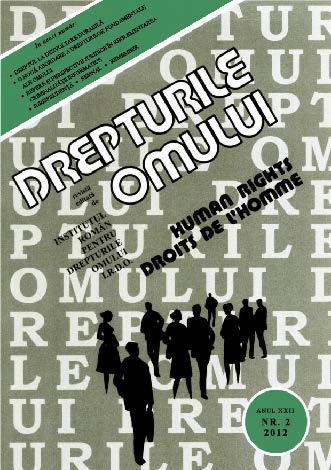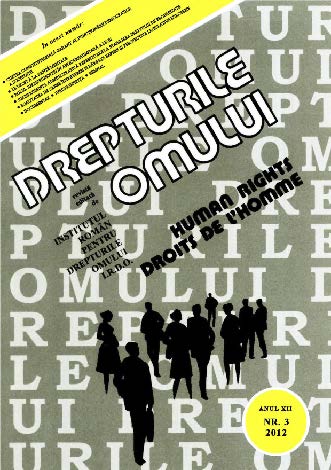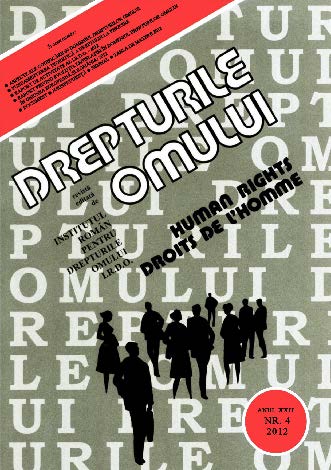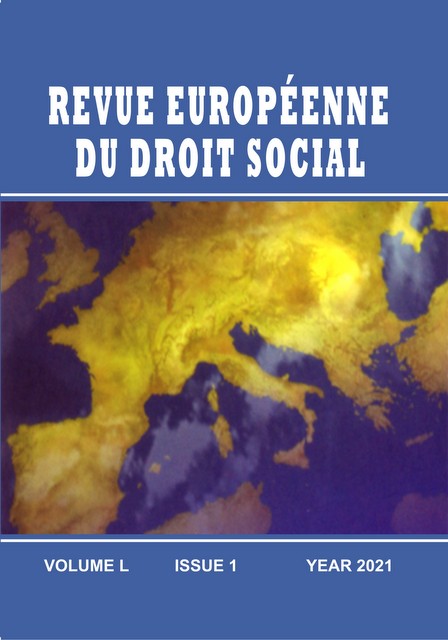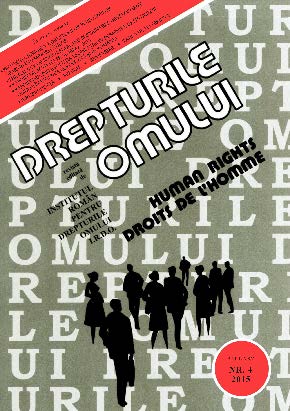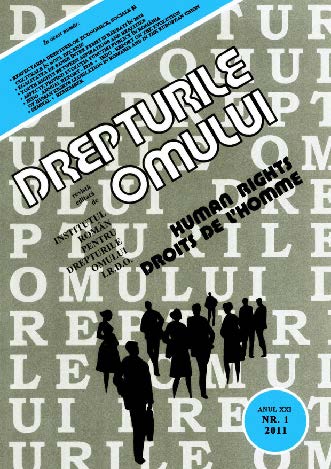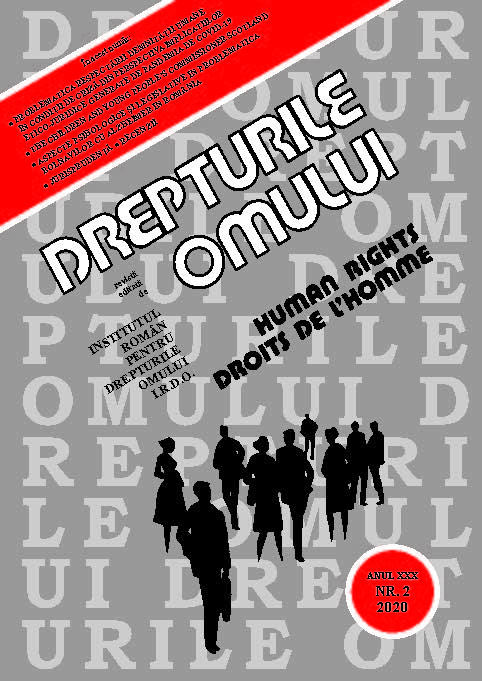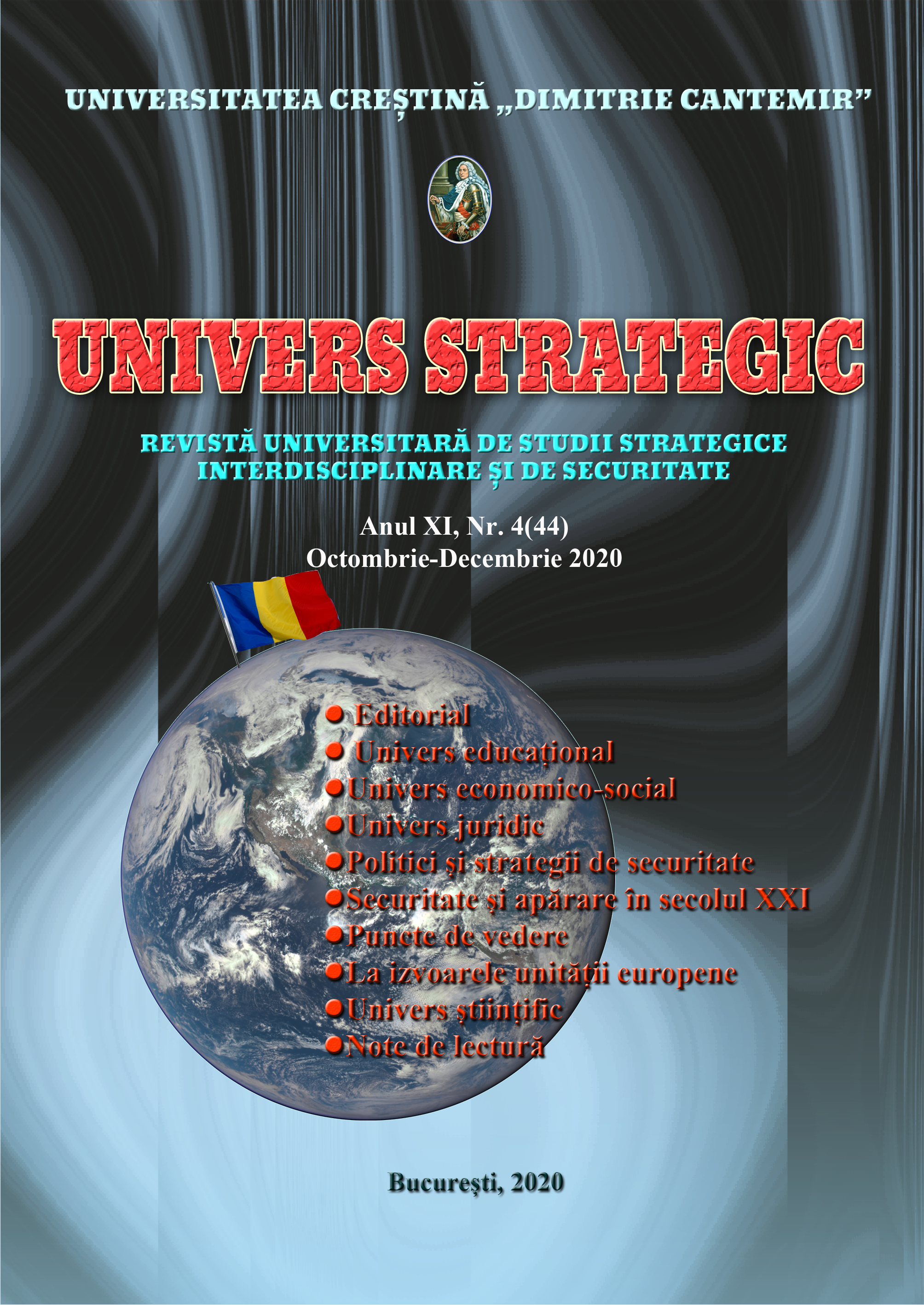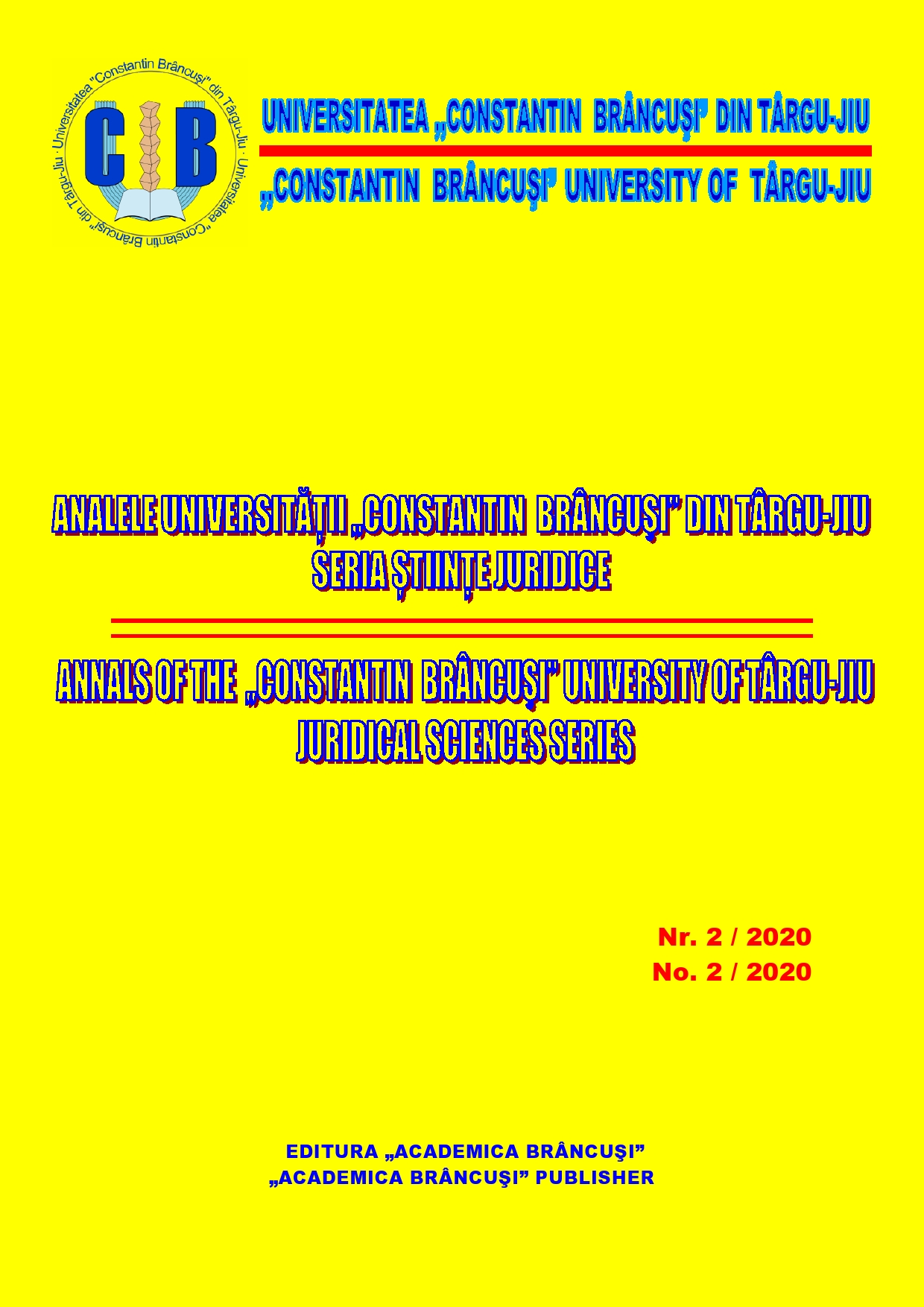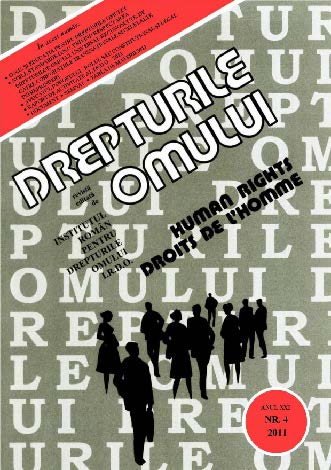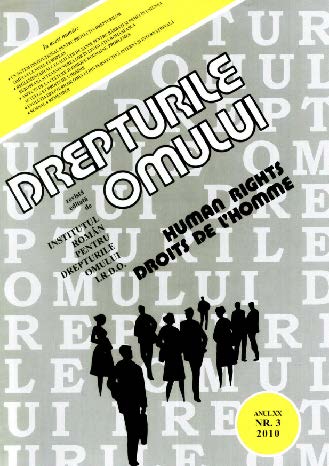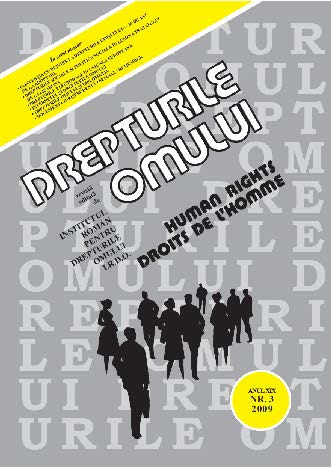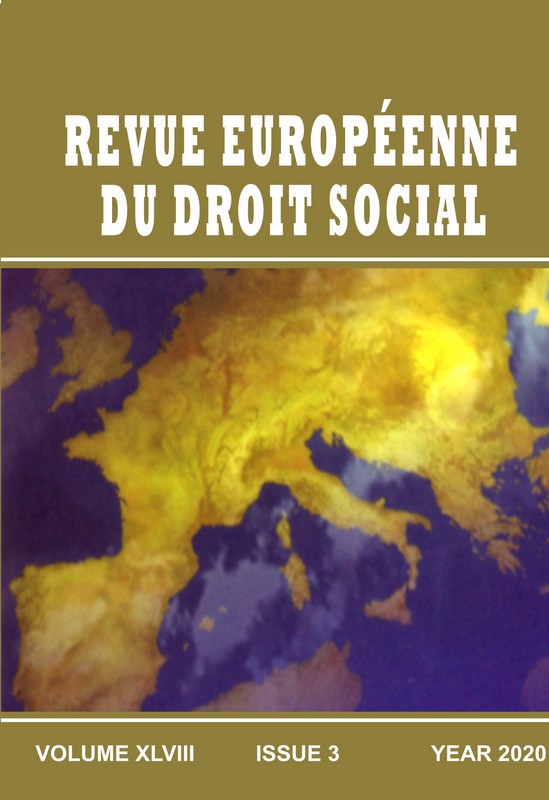
RETOS Y DESAFÍOS EN LA DETENCIÓN Y DEPORTACIÓN DE NIÑAS, NIÑOS Y ADOLESCENTES MIGRANTES MEXICANOS: DESDE LA PERSPECTIVA DE SUS DERECHOS HUMANOS
The issue of migrant girls and boys is a phenomenon that occurscontinuously at a global level and in the case of Mexican girls and boys they are not theexception, since migration is complex and multifactorial, consequently translating into aproblem that It must be addressed in social and governmental issues of the States, whomust seek protection for the human rights of these Mexican boys and girls. Those who in thefirst place are separated from the family through arrest and, at the time, their deportation; onthe other hand, there is another problem in the procedure of detention and deportation ofthis childhood. For this reason, this research seeks to carry out a study and analysis on thelegal problems that must be addressed with special attention and care. Since Mexicanmigrant girls and boys are in a vulnerable situation when their fundamental rights areviolated, it is important to approach this study with the observance and application of theprinciple of the best interests of the child and their human rights. Therefore, the irregularimmigration status of the children of Mexico who are in the United States is a moot point andthat under these conditions many of them are deported for not complying with the legal andadministrative requirements established by United States law to the permanence in thatcountry; therefore, we consider that the primary objective of this research is to create a legalmechanism between the United Mexican States and the United States of America in order toprovide every child with the protection benefits established in international instruments underthe principle of interest. superior of the child and their human rights, regardless of irregularimmigration status, because an internal migration policy of the United States of Americacannot and should not be above international regulations.
More...
